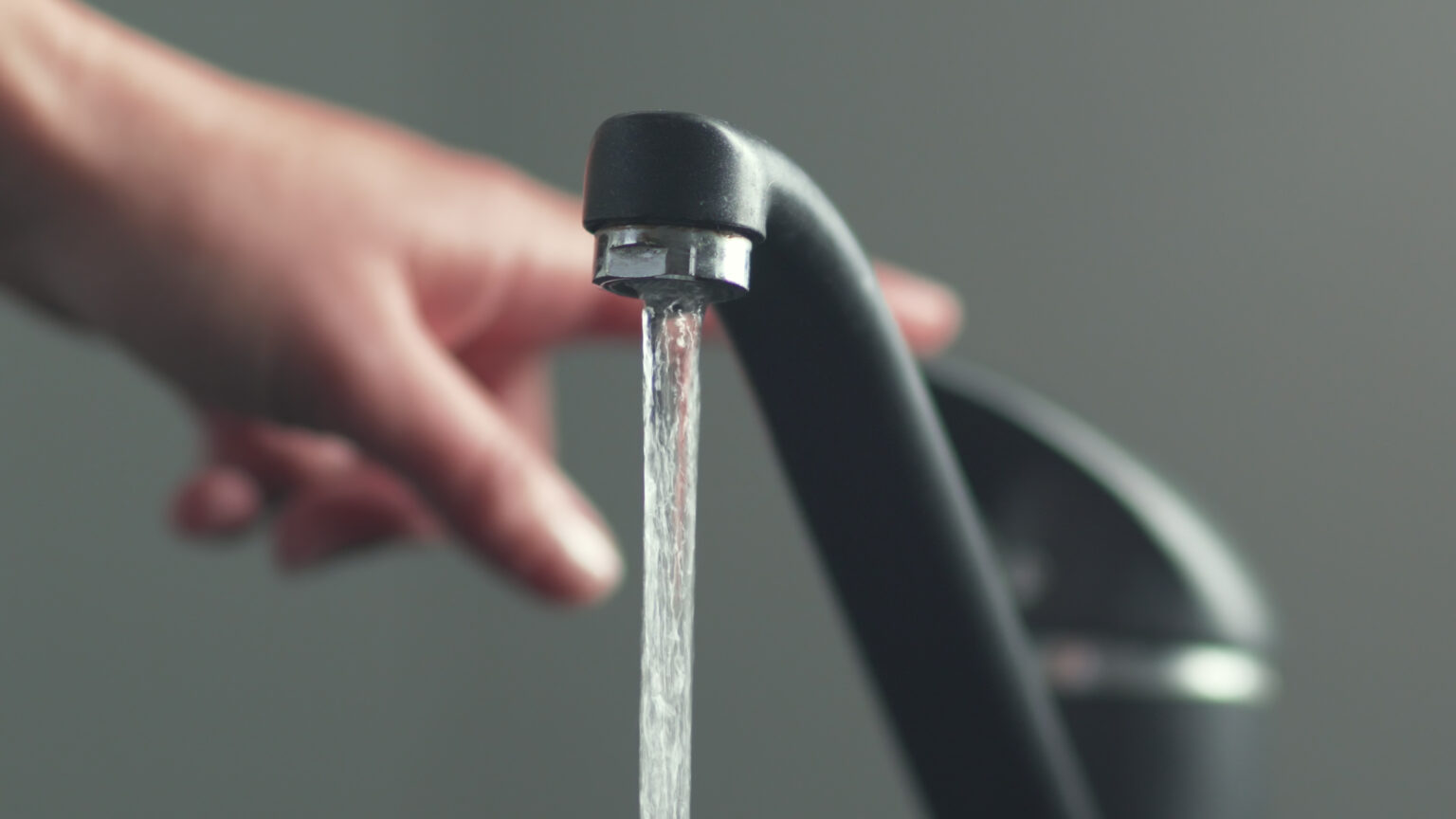According to a notice from the City of Elgin, recent drinking water quality monitoring has found elevated levels of lead in drinking water in some homes and buildings in Elgin.
The notice indicates that the source of this lead is likely lead service lines leading from the city’s municipal water pipes to homes of Elgin residents. Lead is not present in Elgin’s source water (wells and river water), nor is lead in Elgin’s treated drinking water. Some homes and buildings, however, have water service lines, solder or fixtures made of lead, and lead can enter the drinking water through the corrosion of plumbing materials.
The results from the drinking water monitoring are representative of the homes and buildings most at-risk for lead in water – those built or plumbed before 1988. Lead can enter the drinking water through the corrosion of plumbing materials.
Lead can cause serious health problems if too much enters your body from drinking water or other sources, especially for pregnant women and children 6 years or younger. Lead can cause damage to the brain and kidneys, and can interfere with the production of red blood cells that carry oxygen to all parts of your body. Scientists have linked the effects of lead on the brain with lowered IQ in children. Adults with kidney problems and high blood pressure can be affected by low levels of lead more than healthy adults. Lead is stored in the bones, and it can be released later in life. During pregnancy, the child receives lead from the mother’s bones, which may affect brain development.
The results from the drinking water monitoring are representative of the homes and buildings most at-risk for lead in water – those built or plumbed before 1988.
The City indicated that, during the past 10 years, it has been replacing the publicly owned portion of a lead water service line (water main to shut-off valve) during capital improvement projects and when residents commit to replacing their privately-owned portion of the lead service line (shut-off valve to home or building), and over the past four years, it has been assisting residents in replacing their private portion of the lead water service line when disturbed by city activity.
Additionally, as a part of the City’s Lead Service Line Replacement program the City has been replacing the entire service line, from the water main to the meter, in select neighborhoods around the City. These initiatives have replaced approximately 1,400 lead service lines since 2018. Approximately 870 lead service lines are budgeted for replacement in 2024 with similar plans contemplated for 2025.
As a result of the findings, Elgin has announced the following actions to protect and educate the public:
- Holding two open houses so the public can learn how the city is protecting them from lead. Learn more.
- Providing an interactive online dashboard enabling the public to view the city’s lead service line replacement actions. This online dashboard shows real time progress of water service line replacements and offers a lookup of lead service lines by address. For more information visit Elgin’s website.
- Offering free testing and water filters to residents living in homes built in 1988 or earlier.
- Increasing education and outreach to Elgin’s water customers through emails and mailings.
- Proactively partnering with local health departments to protect the public from exposure to lead through testing, education and outreach.
- Actively managing drinking water from the water treatment plants and in the water distribution system to maintain the effectiveness of the city’s corrosion control treatment.
- Improving the corrosion control treatment at the water treatment plants in order to enhance scaling on the inside of lead pipes.
The notice identified several steps the public can take to reduce exposure:
- Look for alternative drinking water sources or treatment of water. The city recommends using a water filter certified to NSF/ASNI standard 42 for particulate reduction in addition to NSF/ANSI 53 for removal of lead if your home contains lead plumbing, particularly for formula-fed infants and vulnerable populations. Visit cityofelgin.org/lead to receive information on the city’s free water filter program.
- Run your drinking water faucet to flush out lead. When your drinking water faucets have not been used for several hours, run the water for at least five minutes before using it for drinking or cooking. This will flush any lead that may be present in the interior plumbing.
- Use cold water for cooking.
- Do not boil water to remove lead. Boiling water will not reduce lead.
- Test your water for lead. The best way to determine if your water has levels of lead is to get it tested. Visit cityofelgin.org/lead to receive information on how to get your water tested for lead, including information on the city’s free lead testing program.
- Get your child’s blood tested. Contact your local health department or healthcare provider to find out how you can get your child tested for lead if you are concerned about exposure.
- Identify and replace plumbing fixtures containing lead.
Residents who wish to determine whether their homes have lead service lines can visit the city’s website to use the city’s lead service line material dashboard and search by address.
Those wishing to have their own wter tested can call the city at 311 (or 847-931-6001 if outside of Elgin) or visit the website.









